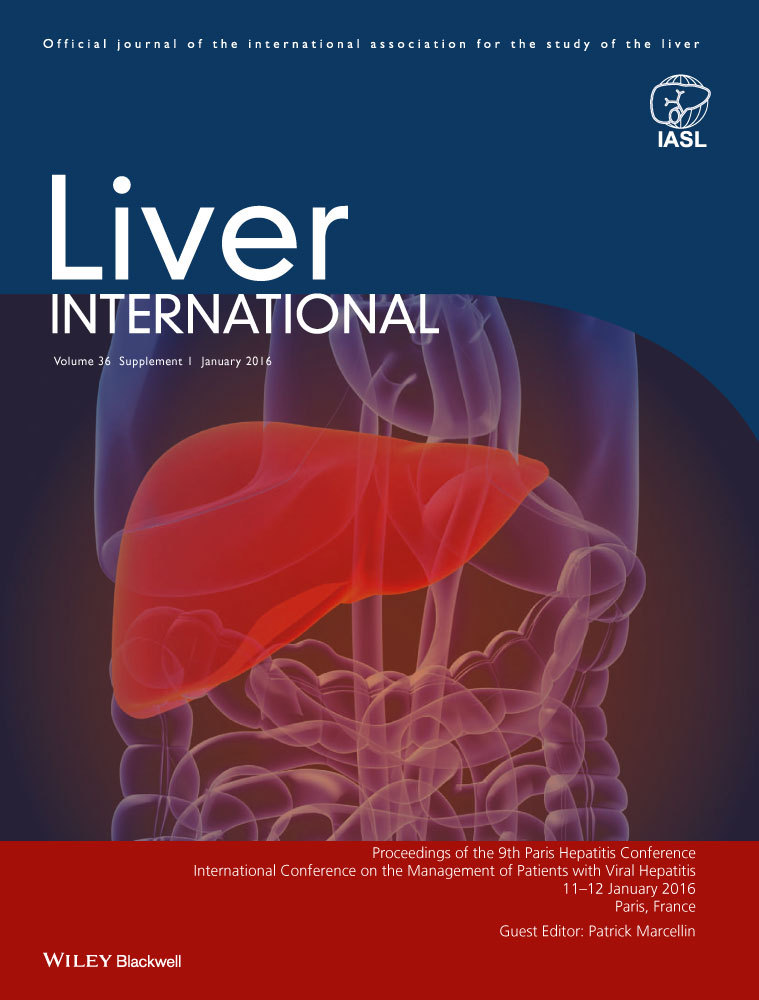Why I do not treat patients for mild disease
Abstract
The short-term prognosis of patients with chronic hepatitis C and mild disease is excellent. Monitoring of the progression of fibrosis is easy to perform with non-invasive tests. Current all-oral interferon (IFN)- and ribavirin (RBV)-free regimens offer sustained viral response (SVR) rates of more than 90% as well as 12-weeks of treatment for most patients with mild disease. Several DAA combinations can be selected to optimize efficacy and safety outcomes. A short treatment duration of 8 weeks could be indicated in most patients with mild disease. However, additional data from clinical trials and real-life experience are needed to confirm this option. Moreover, current regimens are not cost-effective for patients with mild disease. In practice, deferral of HCV treatment for a few years and monitoring the progression of fibrosis is a safe option until cheaper, shorter, more effective and more convenient HCV regimens become available.




